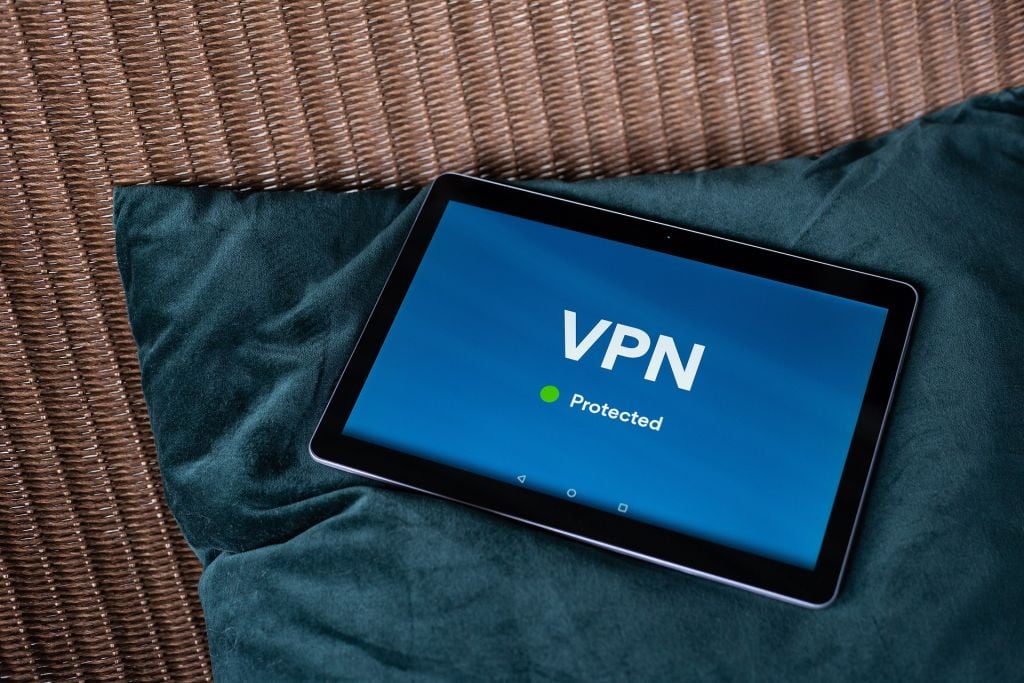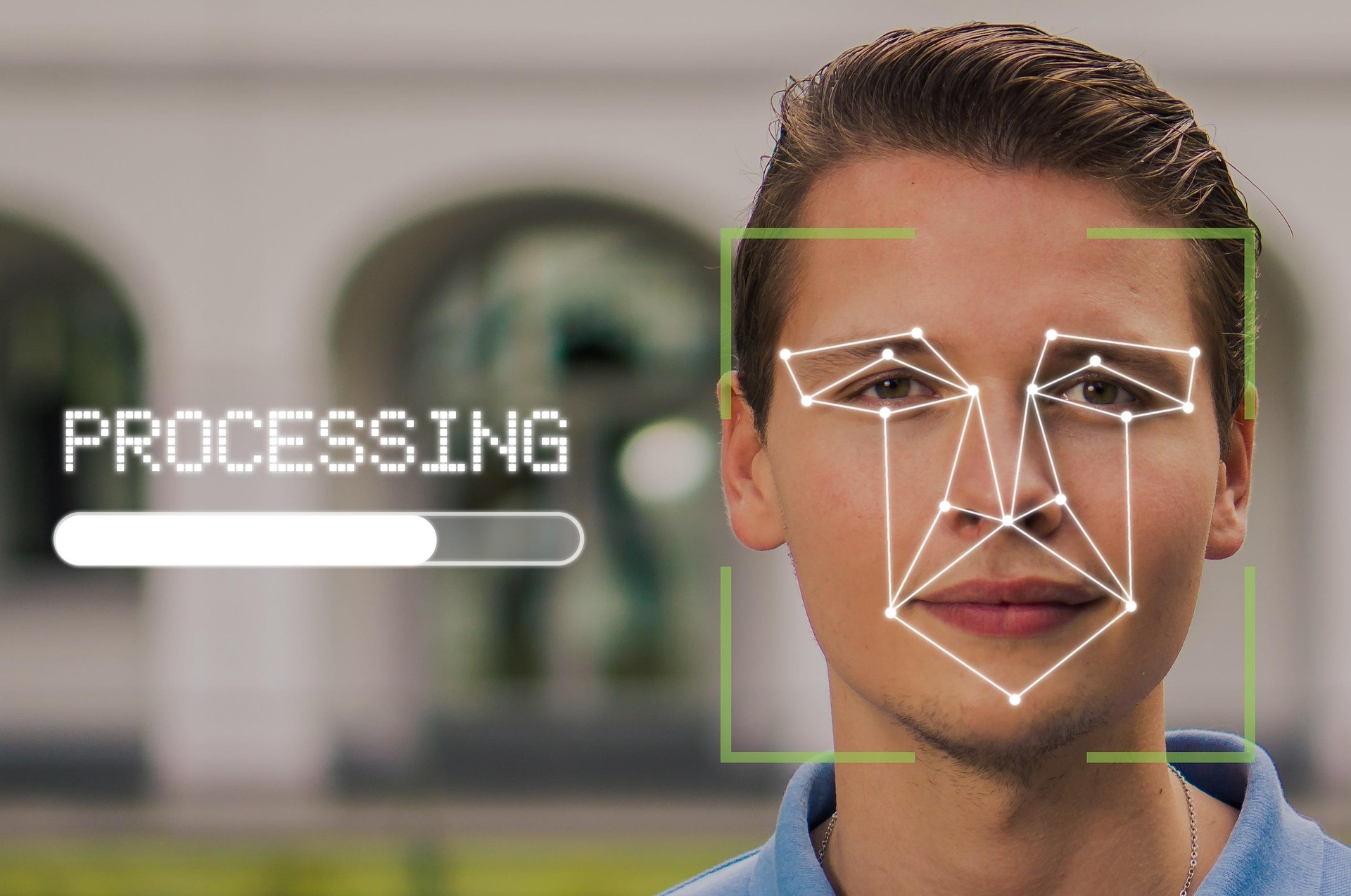For most of us, a VPN is just another tool in the privacy toolbox. We fire it up to hide our IP address, get around annoying geo-blocks, or simply keep our browsing private from ISPs and advertisers. But in some countries, using a VPN isn’t just a matter of convenience — it can be risky, even outright illegal.
So, what exactly are the risks of using a VPN in countries where they’re restricted, and what should you know before you connect? Let’s dive into it.

Image Credit: Pixabay under Creative Commons
Why Some Countries Restrict VPNs
Not every government is thrilled about citizens encrypting their traffic and bypassing filters. For regimes that rely on controlling information, VPNs are a threat. Common reasons for VPN restrictions include:
-
Censorship & Control – Governments don’t want people accessing blocked news, social media, or opposition voices.
-
Surveillance – Unencrypted traffic is easier to monitor. VPNs disrupt that visibility.
-
Economic Motives – Some nations block foreign services to push people toward domestic alternatives.
-
“Security” Justifications – Governments may claim VPNs enable cybercrime or terrorism (though often this is more of an excuse than the real reason).
Countries like China, Iran, Russia, North Korea, and even the UAE have placed restrictions (to varying degrees) on VPN use. The rules aren’t identical everywhere — in some places VPNs are totally illegal, while in others only “government-approved” ones are allowed.
What Happens If You Use a VPN Anyway?
This depends a lot on the country, the specific laws, and how aggressively they’re enforced. But here are the main risks:
1. Legal Consequences
-
In places like the UAE, using a VPN to access restricted content can lead to hefty fines (thousands of dollars).
-
In China, while foreigners using VPNs for casual purposes are often ignored, locals caught distributing or using unauthorized VPNs can face penalties.
-
In more authoritarian states, being caught with a VPN could even bring jail time.
The risk level varies, but the fact remains: if the government has outlawed it, there are consequences if you’re caught.
2. Government Surveillance
Even if you don’t get arrested, using a VPN in a restricted country can put you on a “watchlist.”
-
Authorities may flag anyone consistently connecting to VPN servers.
-
Your online behavior might be more closely monitored.
-
If your VPN leaks data (DNS or IP leaks), your browsing activity could still be exposed.
Ironically, trying to protect your privacy with a VPN could actually attract more government scrutiny in these environments.
3. Blocked VPN Services
A common tactic in restrictive countries is to block known VPN servers outright.
-
You may find your VPN connects, but speeds are unusable.
-
Popular providers may be completely blacklisted.
-
Deep Packet Inspection (DPI) can be used to identify and block VPN traffic, even if the server IP isn’t on a blacklist.
This means your VPN might not even work when you need it most.
4. Fake or “Government-Approved” VPNs
In some places, governments flip the script — instead of banning VPNs entirely, they require people to use state-approved ones.
-
These “legal” VPNs may look normal but are often heavily monitored.
-
Your traffic might still be encrypted, but the provider could be required to log and share everything with authorities.
-
Some shady free VPNs circulating in censored regions are outright spyware.
Using the wrong VPN in such environments could expose you more than if you hadn’t used one at all.
5. Technical Risks (Leaks, Drops, Misconfigurations)
Even the best VPN isn’t foolproof. If your VPN connection drops for even a second and your device falls back to a normal connection, your real IP is revealed.
-
Without a kill switch enabled, you may not even notice this happening.
-
DNS leaks can give away the sites you’re visiting.
-
IPv6 leaks (if unsupported by your VPN) are another common problem.
In heavily restricted countries, a single slip-up like this could compromise your anonymity.
How People Still Use VPNs (Carefully)
Despite the risks, VPN usage is widespread in restricted regions. Why? Because the alternative is living under a controlled, filtered internet. Here’s how users minimize risk:
-
Using Obfuscation or Stealth Mode
Some VPNs disguise their traffic as regular HTTPS traffic, making it much harder for governments to detect. -
Sticking to Trusted Providers
Premium VPNs with proven no-logs policies, strong encryption, and a history of working in censored countries are safer bets than free apps. -
Kill Switch Always On
This prevents accidental data leaks if the VPN drops. -
Avoiding Obvious Behavior
Accessing banned political sites or distributing content is much riskier than using a VPN just to check Gmail. Many users in censored regions stay low-key to avoid standing out. -
Multi-layer Tools
In extreme cases, people combine VPNs with Tor or Shadowsocks to make detection even harder.
Examples Around the World
-
China – The “Great Firewall” blocks many VPNs, but expats and locals still use obfuscated VPNs or Shadowsocks to access Google, WhatsApp, and foreign news. While enforcement is patchy, crackdowns happen.
-
Iran – Social media and messaging apps are frequently banned, leading to huge spikes in VPN usage. The government tries to block VPNs, but people adapt with new servers and tools.
-
Russia – Authorities maintain a list of banned VPNs and fine providers who don’t comply with censorship demands. Still, many users find ways around it.
-
UAE – VPNs aren’t completely banned, but using them to access restricted content (like VoIP apps) can lead to fines. It’s a gray area that makes people cautious.
These examples show that while VPNs remain lifelines, the risks vary widely by country.
Practical Safety Tips
If you ever find yourself in a place where VPNs are restricted, here are some practical ways to reduce risk:
-
Do Your Homework First – Research which providers currently work in that country (it changes often).
-
Keep Apps Updated – Outdated apps may lack the latest obfuscation features.
-
Avoid Free VPNs – Many are scams or riddled with trackers.
-
Don’t Overuse It for Sensitive Activity – If it’s risky, weigh whether it’s worth the potential consequences.
-
Know the Laws – Some countries criminalize VPN distribution more than use. Others penalize usage outright.
Final Thoughts
VPNs are powerful tools for privacy and freedom online, but in countries where they’re restricted, they also come with serious risks. From legal penalties to surveillance and exposure through fake VPNs, the stakes are higher than most casual users realize.
That doesn’t mean people stop using them — far from it. In censored regions, VPNs are often the only way to access free information, communicate securely, and stay connected to the outside world. But it does mean you need to approach it carefully, with the right tools, the right habits, and a clear understanding of the risks.
At the end of the day, a VPN in a restricted country is like a lockpick — powerful, but if you’re caught using it, the consequences can be severe. Use wisely, or not at all.




